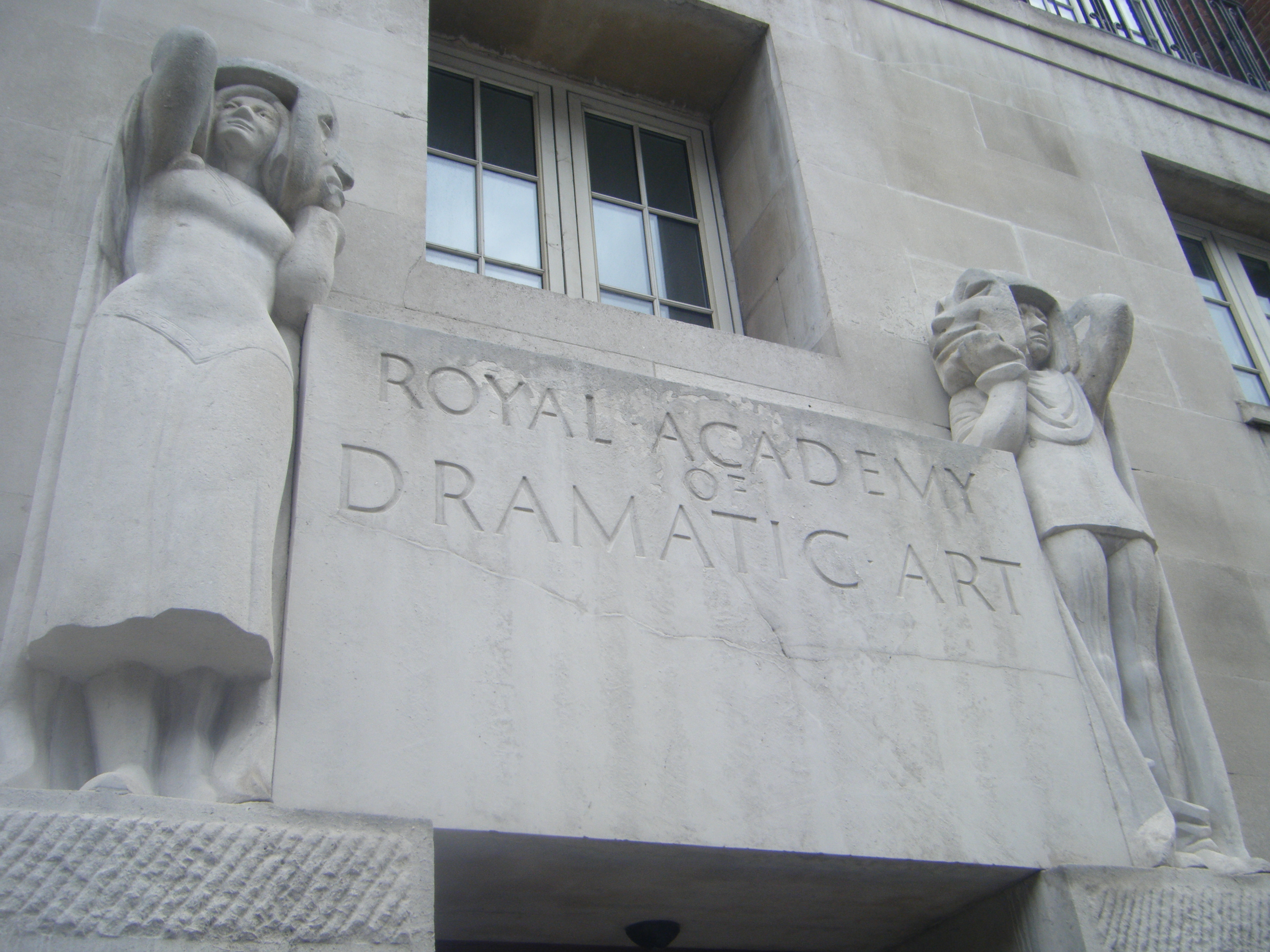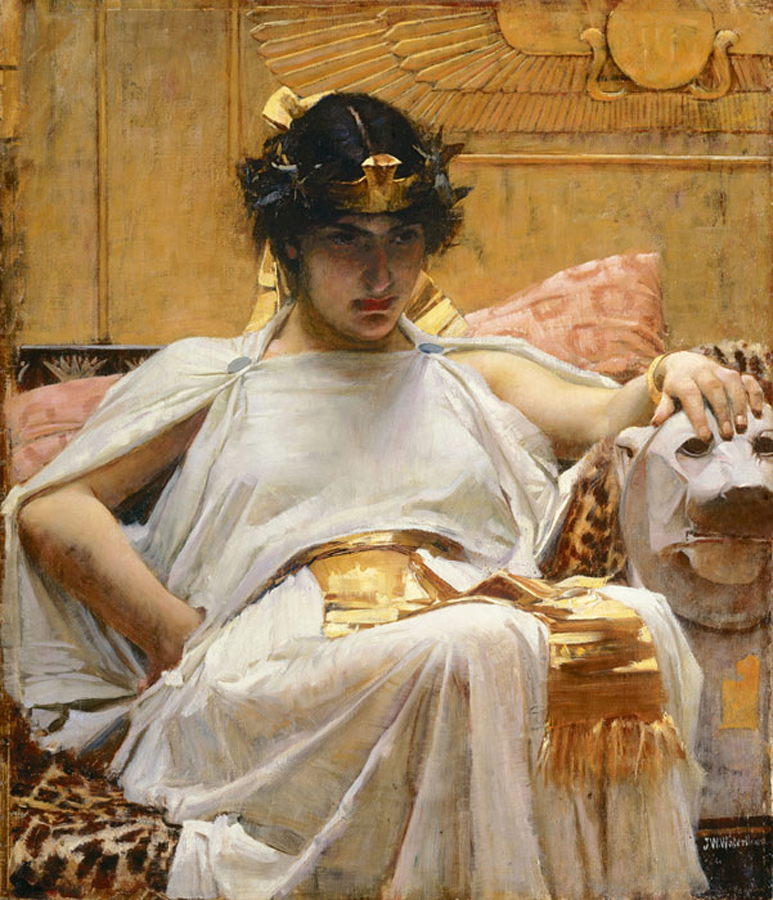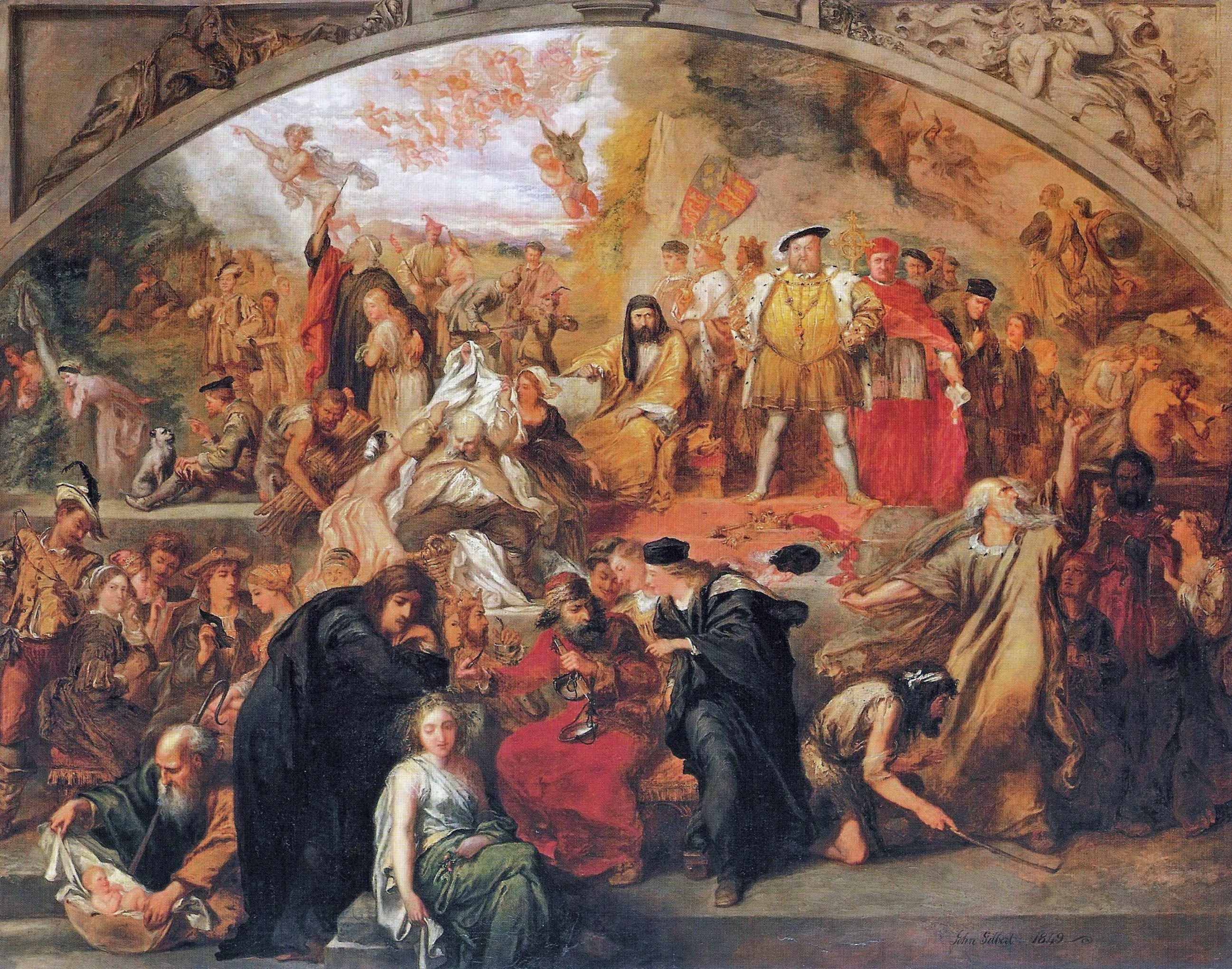|
Anthony Hopkins
Sir Philip Anthony Hopkins (born 31 December 1937) is a Welsh actor. Considered one of Britain's most recognisable and prolific actors, he is known for List of Anthony Hopkins performances, his performances on the screen and stage. Hopkins has received numerous List of awards and nominations received by Anthony Hopkins, accolades, including two Academy Awards, four British Academy Film Awards, BAFTA Awards, two Primetime Emmy Awards, and a Laurence Olivier Award. He has also received the Golden Globe Cecil B. DeMille Award, Cecil B. DeMille Award in 2005 and the BAFTA Fellowship for lifetime achievement in 2008. He was Knight Bachelor, knighted by Queen Elizabeth II for his services to drama in 1993. After graduating from the Royal Welsh College of Music & Drama in 1957, Hopkins trained at RADA (the Royal Academy of Dramatic Art) in London. He was then spotted by Laurence Olivier, who invited him to join the Royal National Theatre in 1965. Productions at the National included ... [...More Info...] [...Related Items...] OR: [Wikipedia] [Google] [Baidu] |
Knight Bachelor
The title of Knight Bachelor is the basic rank granted to a man who has been knighted by the monarch but not inducted as a member of one of the organised Order of chivalry, orders of chivalry; it is a part of the Orders, decorations, and medals of the United Kingdom, British honours system. Knights Bachelor are the most ancient sort of British knight (the rank existed during the 13th-century reign of Henry III of England, King Henry III), but Knights Bachelor rank below knights of chivalric orders. A man who is knighted is formally addressed as "Sir [First Name] [Surname]" or "Sir [First Name]" and his wife as "Lady [Surname]". The designation "Bachelor" in this context conveys the concept of "junior in rank". Criteria Knighthood is usually conferred for public service; amongst its recipients are all male judges of His Majesty's High Court of Justice in England. It is possible to be a Knight Bachelor and a junior member of an order of chivalry without being a knight of that or ... [...More Info...] [...Related Items...] OR: [Wikipedia] [Google] [Baidu] |
Pravda (play)
''Pravda'' is a satirical play by David Hare and Howard Brenton exploring the role of journalism in society. It was first produced at the National Theatre in London on 2 May 1985, directed by Hare and starring Anthony Hopkins in the role of Lambert Le Roux, white South African media mogul. Labelled a "Fleet Street comedy", it is a satire on the mid-1980s British newspaper industry during the Thatcher era, in particular the Australian press baron Rupert Murdoch. Its title refers to the Russian Communist party newspaper ''Pravda''. The play won 1985 Best Play Award from both the London '' Evening Standard Awards'' and ''City Limits'' magazine. It has been described as "one of the biggest hits in the history of the National Theatre." Original cast *Andrew May - Tim McInnerny *Bill Smiley - Richard Hope *Bishop of Putney - Daniel Thorndike *Cartoonist - William Sleigh *Cliveden Whicker-Baskett - Guy Williams *D P P Payne - Christopher Baines *Donna Le Roux - Zoe Rutland *Eato ... [...More Info...] [...Related Items...] OR: [Wikipedia] [Google] [Baidu] |
David Hare (playwright)
Sir David Rippon Hare (born 5 June 1947) is an English playwright, screenwriter and theatre director. Best known for his stage work, Hare has also enjoyed great success with films, receiving two Academy Award nominations for Best Adapted Screenplay for writing ''The Hours'' in 2002, based on the novel by Michael Cunningham, and ''The Reader'' in 2008, based on the novel by Bernhard Schlink. In the West End, he had his greatest success with the plays'' Plenty'' (1978), which he adapted into a 1985 film starring Meryl Streep, ''Racing Demon'' (1990), ''Skylight'' (1997), and ''Amy's View'' (1998). The four plays ran on Broadway in 1982–83, 1996, 1998 and 1999 respectively, earning Hare three Tony Award nominations for Best Play for the first three and two Laurence Olivier Awards for Best New Play. His other notable projects on stage include ''A Map of the World'', ''Pravda'' (starring Anthony Hopkins at the Royal National Theatre in London), '' Murmuring Judges'' ... [...More Info...] [...Related Items...] OR: [Wikipedia] [Google] [Baidu] |
1985 Laurence Olivier Awards
The 1985 Laurence Olivier Awards were presented by the Society of London Theatre in 1985 at the Dominion Theatre in London, celebrating excellence in West End theatre. It was broadcast by BBC Television, though the broadcast date and specific BBC station is not availablethe 2003 Oliviers, for example, aired on BBC Two the evening after the live event. Winners and nominees Details of winners (in bold) and nominees, in each award category, per the Society of London Theatre. Productions with multiple nominations and awards The following 18 productions, including one ballet and two operas, received multiple nominations: * 4: ''Les Misérables'' and ''Love's Labour's Lost'' * 3: '' A Chorus of Disapproval'', ''Pravda'', ''Richard III'' and ''The Winter's Tale'' * 2: '' Donnerstag aus Licht'', ''Faust'', ''Henry V'', '' Lennon'', ''Martine'', ''Me and My Girl'', ''The Crucible'', ''The Mysteries'', ''The Playboy of the Western World'', '' The Road to Mecca'', ''The Sons of Horus'' ... [...More Info...] [...Related Items...] OR: [Wikipedia] [Google] [Baidu] |
Antony And Cleopatra
''Antony and Cleopatra'' is a tragedy by William Shakespeare. The play was first performed around 1607, by the King's Men at either the Blackfriars Theatre or the Globe Theatre. Its first appearance in print was in the First Folio published in 1623, under the title ''The Tragedie of Anthonie, and Cleopatra''. The plot is based on Thomas North's 1579 English translation of Plutarch's '' Lives'' (in Ancient Greek) and follows the relationship between Cleopatra and Mark Antony from the time of the Sicilian revolt to Cleopatra's suicide during the War of Actium. The main antagonist is Octavius Caesar, one of Antony's fellow triumvirs of the Second Triumvirate and the first emperor of the Roman Empire. The tragedy is mainly set in the Roman Republic and Ptolemaic Egypt and is characterized by swift shifts in geographical location and linguistic register as it alternates between sensual, imaginative Alexandria and a more pragmatic, austere Rome. Many consider Shakespeare's ... [...More Info...] [...Related Items...] OR: [Wikipedia] [Google] [Baidu] |
Macbeth
''The Tragedy of Macbeth'', often shortened to ''Macbeth'' (), is a tragedy by William Shakespeare, estimated to have been first performed in 1606. It dramatises the physically violent and damaging psychological effects of political ambitions and power. It was first published in the Folio of 1623, possibly from a prompt book, and is Shakespeare's shortest tragedy. Scholars believe ''Macbeth'', of all the plays that Shakespeare wrote during the reign of King James I, contains the most allusions to James, patron of Shakespeare's acting company. In the play, a brave Scottish general named Macbeth receives a prophecy from a trio of witches that one day he will become King of Scotland. Consumed by ambition and spurred to violence by his wife, Macbeth murders the king and takes the Scottish throne for himself. Then, racked with guilt and paranoia, he commits further violent murders to protect himself from enmity and suspicion, soon becoming a tyrannical ruler. The bloo ... [...More Info...] [...Related Items...] OR: [Wikipedia] [Google] [Baidu] |
Coriolanus
''Coriolanus'' ( or ) is a tragedy by William Shakespeare, believed to have been written between 1605 and 1608. The play is based on the life of the legendary Roman leader Gnaeus Marcius Coriolanus. Shakespeare worked on it during the same years he wrote ''Antony and Cleopatra'', making them his last two tragedies. Coriolanus is the name given to a Roman general after his military feats against the Volscians at Corioli. Following his success, others encourage Coriolanus to pursue the consulship, but his disdain for the plebeians and mutual hostility with the tribunes lead to his banishment from Rome. In exile, he presents himself to the Volscians, then leads them against Rome. After he relents and agrees to a peace with Rome, he is killed by his previous Volscian allies. Synopsis The play opens in Rome shortly after the expulsion of the Tarquin kings. There are riots in progress after stores of grain have been withheld from ordinary citizens. The rioters are particular ... [...More Info...] [...Related Items...] OR: [Wikipedia] [Google] [Baidu] |
Shakespeare Play
Shakespeare's plays are a canon of approximately 39 dramatic works written by the English playwright and poet William Shakespeare. The exact number of plays as well as their classifications as tragedy, history, comedy, or otherwise is a matter of scholarly debate. Shakespeare's plays are widely regarded as among the greatest in the English language and are continually performed around the world. The plays have been translated into every major living language. Many of his plays appeared in print as a series of quartos, but approximately half of them remained unpublished until 1623, when the posthumous First Folio was published. The traditional division of his plays into tragedies, comedies, and histories follows the categories used in the First Folio. However, modern criticism has labelled some of these plays " problem plays" that elude easy categorisation, or perhaps purposely break generic conventions, and has introduced the term romances for what scholars believe to be his la ... [...More Info...] [...Related Items...] OR: [Wikipedia] [Google] [Baidu] |
King Lear
''The Tragedy of King Lear'', often shortened to ''King Lear'', is a Shakespearean tragedy, tragedy written by William Shakespeare. It is loosely based on the mythological Leir of Britain. King Lear, in preparation for his old age, divides his power and land between his daughters Goneril and Regan (King Lear), Regan, who pay homage to gain favour, feigning love. The King's third daughter, Cordelia (King Lear), Cordelia, is offered a third of his kingdom also, but refuses to be insincere in her praise and affection. She instead offers the respect of a daughter and is disowned by Lear who seeks flattery. Regan and Goneril subsequently break promises to host Lear and his entourage, so he opts to become homeless and destitute, and goes insane. The French King married to Cordelia then invades Britain to restore order and Lear's rule. In a subplot, Edmund, the illegitimate son of the Earl of Gloucester, betrays his brother and father. Tragically, Lear, Cordelia and several other main ... [...More Info...] [...Related Items...] OR: [Wikipedia] [Google] [Baidu] |
Royal National Theatre
The National Theatre (NT), officially the Royal National Theatre and sometimes referred to in international contexts as the National Theatre of Great Britain, is a performing arts venue and associated theatre company located in London, England, adjacent to (but not part of) the Southbank Centre. The theatre was founded by Laurence Olivier in 1963 and List of Royal National Theatre Company actors, many well-known actors have since performed with it. The company was based at The Old Vic theatre in Waterloo Road, London, Waterloo until 1976. The current building is located next to the Thames in the The South Bank, South Bank area of central London. In addition to performances at the National Theatre building, it tours productions at theatres across the United Kingdom. The theatre has transferred numerous productions to Broadway and toured some as far as China, Australia and New Zealand. However, touring productions to European cities were suspended in February 2021 over concerns ab ... [...More Info...] [...Related Items...] OR: [Wikipedia] [Google] [Baidu] |
Laurence Olivier
Laurence Kerr Olivier, Baron Olivier ( ; 22 May 1907 – 11 July 1989) was an English actor and director. He and his contemporaries Ralph Richardson and John Gielgud made up a trio of male actors who dominated the British stage of the mid-20th century. He also worked in films throughout his career, playing more than fifty cinema roles. Late in his career he had considerable success in television roles. Olivier's family had no theatrical connections, but his father, a clergyman, decided that his son should become an actor. After attending a drama school in London, Olivier learned his craft in a succession of acting jobs during the late 1920s. In 1930 he had his first important West End success in Noël Coward's '' Private Lives'', and he appeared in his first film. In 1935 he played in a celebrated production of ''Romeo and Juliet'' alongside Gielgud and Peggy Ashcroft, and by the end of the decade he was an established star. In the 1940s, together with Richardson and ... [...More Info...] [...Related Items...] OR: [Wikipedia] [Google] [Baidu] |








